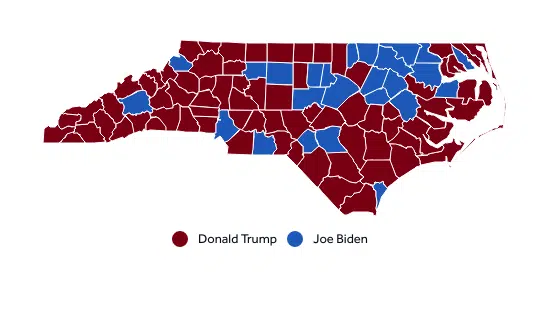By Rick Manning – Senate Republicans are taking the bold step to make passage of a Balanced Budget Amendment on the upcoming vote to raise the debt ceiling promising to support an increase in exchange for the Senate passage of a Balanced Budget Amendment that would effectively put the federal government on a glide path toward a balanced budget within five years of its ratification.
Senate Minority Leader Mitch McConnell challenged President Obama on the upcoming debt ceiling vote in a quote in The Hill newspaper stating, “Republicans in the Senate will not be voting to raise the debt ceiling unless we do something significant about the debt.”
The Balanced Budget Amendment that was just released late on Friday with 33 Republican sponsors with the expectation that all 47 Senators will cosponsor the constitutional amendment would do just that.
Bill Wilson, President of Americans for Limited Government praised Senate Republicans for “keeping their word and offering a bold and innovative proposal to bring the nation’s fiscal house into order.”
The proposed amendment would require that the President transmit to the Congress a balanced budget that limits government outlays to 18 percent of the nation’s Gross Domestic Product.
Congress would be required to pass a balanced budget unless a specific deficit is approved by a 2/3 vote of both houses of Congress with an exception in the event that there is a declared war, only a simple majority is required.
The amendment would also require a supermajority 3/5 vote in both houses to increase taxes, as well as a 3/5 vote to raise the debt ceiling in the future.
Calling the proposal “by far the best balanced budget proposal that has ever been offered,” Wilson said, “the provision to reduce the share of government to 18 percent of GDP is a huge first step.”
The Balanced Budget Amendment is being offered as Congress grapples with funding the government in the face of a $1.65 trillion annual deficit and an overall national debt that is projected to grow larger than the entire annual Gross Domestic Product of the U.S. before the end of 2011.
Passage of the Balanced Budget Amendment through Congress would require 67 votes in the Senate and 267 votes in the House of Representatives, at which point 37 states would have to ratify the amendment for it to become law. The President cannot veto a constitutional amendment.
Rick Manning is the Director of Communications for Americans for Limited Government.







